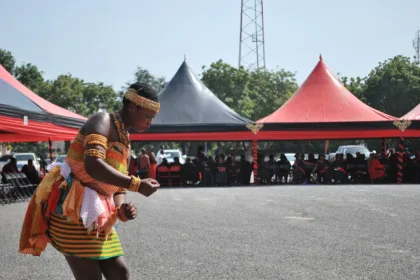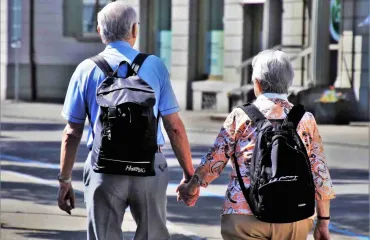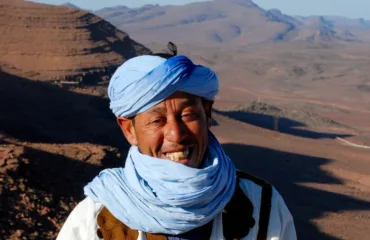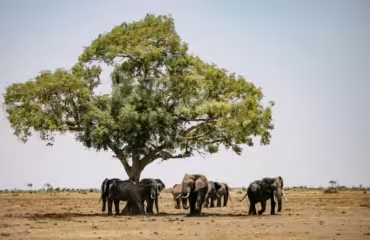
A Dive into Ghana’s Vibrant Tribal Festivals
Ghana, nestled on the West African coast, is a land of rich cultural heritage and colourful traditions. It’s tribal festivals showcase centuries-old customs through music, dance, and community spirit. These celebrations are more than events—they are living stories of unity and resilience. In this guide, we explore five of the most iconic Ghana Tribal Festivals, each offering a unique glimpse into the soul of this vibrant nation.
Homowo Festival
The Homowo Festival, celebrated by the Ga people, is one of Ghana’s most famous cultural events. The name “Homowo” means hooting at hunger, and the festival marks the end of the planting season and the joy of a successful harvest. Central to Homowo is the preparation of kpekple, a traditional porridge made from maize and palm fruits. Families work together to prepare this dish, symbolising unity and gratitude. As the aroma fills the air, communities gather to share meals, dance, and give thanks to the gods for abundance. Homowo is a celebration of life, resilience, and togetherness.
Odwira – The Ashanti Yam Festival
In the Ashanti region, the Odwira Festival takes centre stage. Known as the Ashanti Yam Festival, Odwira honours the yam, a staple crop, and celebrates purification, reflection, and thanksgiving. The Asantehene (Ashanti king) leads the ceremonies, and the highlight is the grand durbar, a spectacular procession where the king, dressed in regal attire, parades through the streets. Traditional drums like the fontomfrom echo through the air, creating an electrifying atmosphere. Odwira is a vivid display of Ashanti pride, unity, and cultural strength.
Bugum Chugu – The Fire Festival
Travel north to experience the Bugum Chugu Festival, celebrated by the Dagomba people. Known as the Fire Festival, this event lights up the dry season nights with torches and bonfires. Bugum Chugu holds deep spiritual meaning. Lighting the torches symbolises the triumph of light over darkness and protects the community from evil spirits. Families gather, share stories, and dance under the glowing night sky. This fiery celebration blends spirituality with joy, making it one of the most memorable Ghana Tribal Festivals.
Hogbetsotso Festival
Further south, the Anlo-Ewe people celebrate the Hogbetsotso Festival, also called the Festival of the Exodus. It commemorates their historic migration from Notsie in present-day Togo to Ghana. The festival features a dramatic reenactment of the journey, with participants dressed in vibrant traditional attire. Drums beat, dancers move energetically, and rituals honour the resilience of the Anlo-Ewe people. Hogbetsotso is both a tribute to the past and a celebration of cultural identity.
Aboakyer Festival
Our journey ends in Winneba with the Aboakyer Festival of the Efutu people. This lively event centres on a symbolic antelope hunt. Two rival groups compete to capture a live antelope, and the winner presents it to the king. The festival culminates in a grand durbar filled with music, dance, and thanksgiving. Aboakyer reflects bravery, tradition, and the enduring bond between the Efutu people and their land.
Why Ghana Tribal Festivals Matter
These festivals are more than cultural showcases, they are moments of unity, joy, and heritage. From the rhythmic beats of Odwira to the glowing torches of Bugum Chugu, Ghana Tribal Festivals celebrate diversity and togetherness. They invite you to experience Ghana not just as a destination, but as a living, breathing culture.



